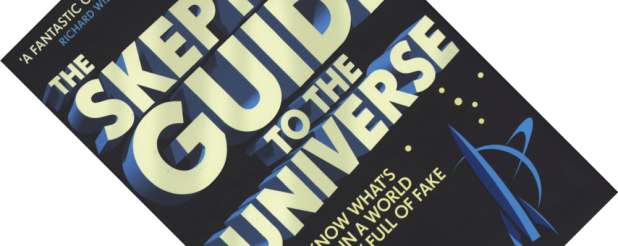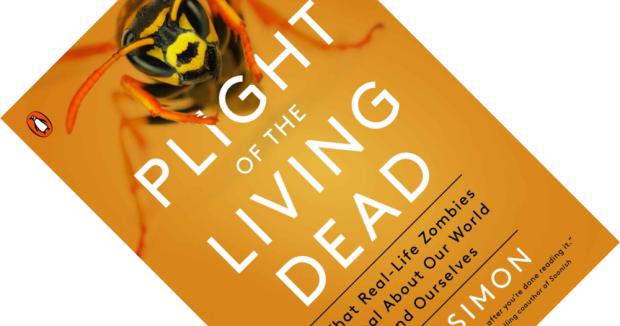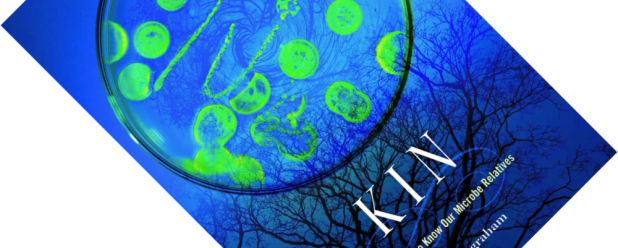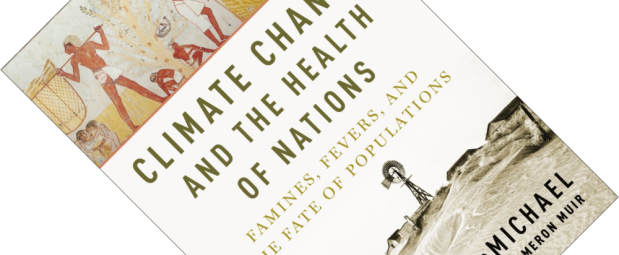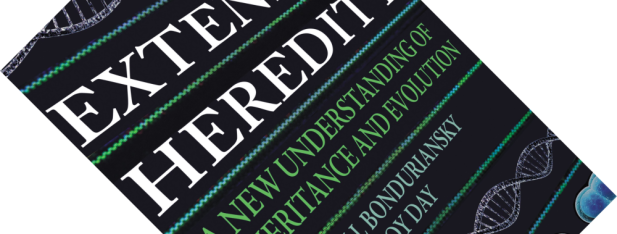If the design of the cover didn’t already give it away, the instruction to NOT PANIC on the dust jacket makes it clear this book is riffing on the famous Hitchhiker’s Guide to the Galaxy. And just as Douglas Adams’s book was intended to be an indispensable guide to navigating the galaxy, so The Skeptics’ Guide to the Universe is an indispensable guide to navigating a world gone mad with pseudoscience, alternative medicine, fake news, and conspiracy theories. Don’t let the book’s bulk put you off, this is an incredibly engaging read with a most humble outlook on life.
Author: inquisitivebiologist
Book review – Plight of the Living Dead: What Real-Life Zombies Reveal About Our World – and Ourselves
Being turned into a zombie is not something most of us worry about. Sure, some of us consider humans metaphorical zombies, controlled by mass media / the government / smartphone addiction / my pet hamster / ________ (fill in your own favourite 21st-century angst here). All I can say after reading Matt Simon’s book is that I am glad that I am not an insect. In turns gruesome and hilarious, Plight of the Living Dead is a carnival of the many grotesque ways that parasites can control their hosts. Something we do not have to worry about… or do we?
Book review – Kin: How We Came to Know Our Microbe Relatives
The problem with many history books is that they are written long after the facts, sometimes when the original protagonists are no longer alive. Historians or journalists often have no choice but to puzzle together the pieces of their story from eyewitness testimony or archival sources. Kin: How We Came to Know Our Microbe Relatives is a welcome exception to this rule. Written by emeritus microbiology professor John L. Ingraham, currently 94 years young, this book gives an intellectual history of the discipline of microbiology based on over seven decades of first-hand involvement and observation.
Book review – Never Home Alone: From Microbes to Millipedes, Camel Crickets, and Honeybees, the Natural History of Where We Live
The term “wildlife” tends to evoke images of apex predators, cuddly creatures, or flagship species – usually vertebrate, usually mammalian – living outdoors in the wilderness of jungles, plains, or oceans. But what about closer to home? What about in your home? Ecologist Rob Dunn has written a delightful book showing that we live amidst a veritable zoo.
Book review – Sloths! A Celebration of the World’s Most Maligned Mammal
When I picked up this book and saw the subtitle, I couldn’t help but think: “What?? Sloths, maligned?” Just look at them! How is that face not adorable? Where the sloth’s timeline is concerned, I have been swept up in what is only a recent widespread appreciation of sloths. Clearly, this wasn’t always the case. Why else name an animal after a cardinal sin…
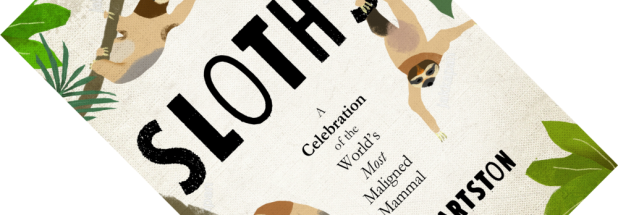
“Sloths! A Celebration of the World’s Most Maligned Mammal“, written by William Hartston, published by Atlantic Books in October 2018 (hardback, 198 pages)
Book review – Climate Change and the Health of Nations: Famines, Fevers, and the Fate of Populations
When a history book leaves you reeling, you know that it has done its job properly. Climate Change and the Health of Nations is a grand synthesis of environmental history, charting the fate of civilizations and the links between climatic changes and the health of people. It is also a book that almost wasn’t.
Book review – Underbug: An Obsessive Tale of Termites and Technology
When it comes to social insects, ants and bees get all the love. But, if you pardon the pun of the book’s title, termites are a bit of an underbug. While finishing up a previous writing assignment, author Lisa Margonelli got on the trail of the termite sometime in 2008 and spend the next decade obsessing over them. Tailing various scientists and sitting in on their day-to-day work, she here spins a wide-ranging tale about termites and the research they have inspired. The result is a hypnotic book that ranges well beyond this humble insect.
Book review – Don’t Be Such a Scientist: Talking Substance in an Age of Style (Second Edition)
Science is fascinating but it has one problem. Scientists. Don’t get me wrong, I admire you all for your endless curiosity, dedication, and hard work. But you have to admit, most scientists are not very good at talking about their work. If we can bore our colleagues with our presentations, imagine what we do to more general audiences given half a chance! At a time when science is under attack more than ever before (Hello, Trump), and the stakes are higher than ever before (Hello, climate change), this is a problem. Enter Randy Olson, who abandoned a tenured professorship in marine biology and moved into Hollywood and filmmaking. His plea to us all: “I love you very much, but, please, can you stop being such scientists?”
Book review – Extreme Conservation: Life at the Edges of the World
Wildlife conservation and field biology are not for the faint of heart. Studying wild animals in their natural habitat brings with it long periods away from home, lack of comfort, and many logistical challenges. It calls for a certain kind of grit. But equally, it requires a persistent mindset to fight the cause of wildlife when conservation clashes with company’s bottom lines, political aspirations, and the wants and needs of an expanding world population. Even amongst this hardened bunch, few people would voluntarily venture into icy wastelands to study the animals existing at the edge of the world. Joel Berger is one of them and Extreme Conservation is his story, equal parts adventure narrative as it is a meditation on the value of wild nature.
Book review – Extended Heredity: A New Understanding of Inheritance and Evolution
In my recent review of She Has Her Mother’s Laugh: The Powers, Perversions, and Potential of Heredity, I mentioned how the concept of heredity has become ever fuzzier the more we have learnt about how traits can be passed to the next generation. We have come from a very gene-centric period in biology, but biologists Russell Bonduriansky and Troy Day are ready to shake up the field. Neither a Lamarckian redux nor an attempt to downplay the importance of genes, this book successfully argues that the time has come to take into account non-genetic forms of heredity. Along the way, they provide a very interesting history lesson on how we got here in the first place.

